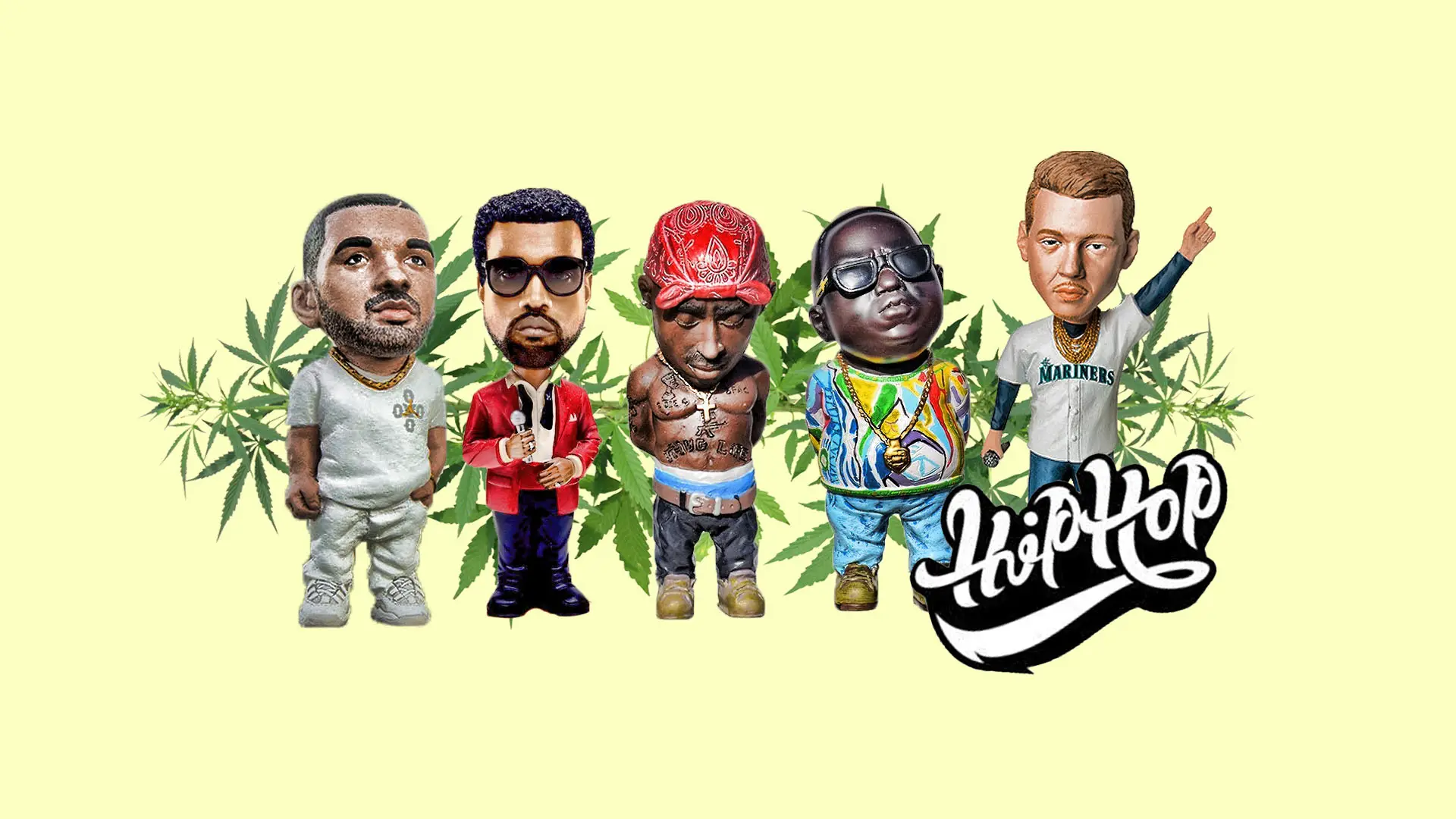Introduction:
The intertwining of cannabis culture and hip hop music has been a longstanding phenomenon, shaping not only the sounds but also the lifestyles and attitudes of generations. In recent years, with the legalization of cannabis in various parts of the world, including Cambridge, the relationship between these two cultural forces has only strengthened. This article explores the dynamic connection between cannabis, hip hop, and the burgeoning dispensary scene in Cambridge, delving into the cultural impact and artistic expression it fosters.
The Evolution of Cannabis Culture in Hip Hop:
Cannabis has long been a muse for hip hop artists, influencing their music, fashion, and overall aesthetic. From the laid-back vibes of artists like Snoop Dogg to the politically charged lyrics of Cypress Hill, cannabis has served as both a recreational pastime and a symbol of resistance within the genre. The use of cannabis in hip hop lyrics often reflects themes of rebellion, relaxation, and self-expression, resonating with audiences who identify with the culture.
As hip hop grew in popularity, so too did the normalization of cannabis use within the music industry. Artists began incorporating references to cannabis into their lyrics, creating a shared language and experience among listeners. This cultural exchange helped solidify the bond between cannabis and hip hop, making it a cornerstone of the genre’s identity.
Cambridge’s Cannabis Scene:
With the legalization of cannabis for recreational use in Cambridge, the city has seen a surge in cannabis-related businesses, including dispensaries catering to a diverse clientele. These dispensaries not only provide access to a variety of cannabis products but also serve as cultural hubs where enthusiasts can gather, share experiences, and explore the intersection of cannabis and hip hop.
One notable aspect of Cambridge’s cannabis scene is its embrace of diversity and inclusion. Many dispensaries actively work to create welcoming environments for people of all backgrounds, reflecting the inclusive ethos of hip hop culture. This commitment to diversity has helped foster a sense of community within the cannabis community, drawing people together through their shared appreciation for the plant and its cultural significance.
The Role of Dispensaries in Hip Hop:
Dispensaries play a crucial role in the relationship between cannabis and hip hop, serving as both retail outlets and cultural centers for enthusiasts. In addition to offering a wide range of cannabis products, dispensaries often host events, workshops, and performances that celebrate the intersection of cannabis and hip hop culture. These events provide artists with a platform to showcase their work, while also fostering connections within the community.
One example of this synergy is the collaboration between dispensaries and local hip hop artists. Many dispensaries partner with artists to create custom strains or products inspired by their music, further blurring the lines between cannabis and hip hop. These collaborations not only help promote both the artist and the dispensary but also serve as a testament to the creative potential of the intersection between cannabis and hip hop.
The Impact on Artistic Expression:
The influence of cannabis on hip hop extends beyond just lyrical content, shaping the overall artistic expression of the genre. Many artists credit cannabis with enhancing their creativity and allowing them to explore new sounds and ideas. The relaxed, introspective nature of cannabis often permeates hip hop music, resulting in songs that are both thought-provoking and deeply personal.
In Cambridge, this creative synergy is on full display, with artists drawing inspiration from the city’s vibrant cannabis culture. Whether through music, visual art, or fashion, artists are finding innovative ways to incorporate cannabis into their work, reflecting the city’s progressive attitude towards both cannabis and hip hop.
Looking to the Future:
As cannabis legalization continues to spread, and hip hop remains a dominant cultural force, the relationship between the two is likely to strengthen further. In Cambridge and beyond, dispensaries will continue to serve as focal points for this cultural exchange, bringing together enthusiasts, artists, and entrepreneurs in celebration of cannabis and hip hop culture.
Conclusion:
The intertwining of cannabis culture and hip hop music has had a profound impact on both art forms, shaping the sounds, styles, and attitudes of generations. In Cambridge, the legalization of cannabis has provided an opportunity for the city’s vibrant hip hop scene to flourish, with dispensaries serving as cultural hubs where enthusiasts can gather, create, and celebrate their shared passions. As the relationship between cannabis and hip hop continues to evolve, one thing remains clear: the bond between these two cultural forces is stronger than ever.




